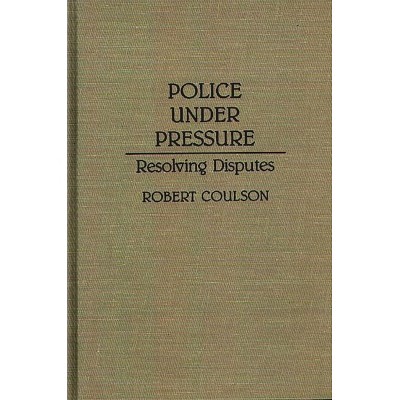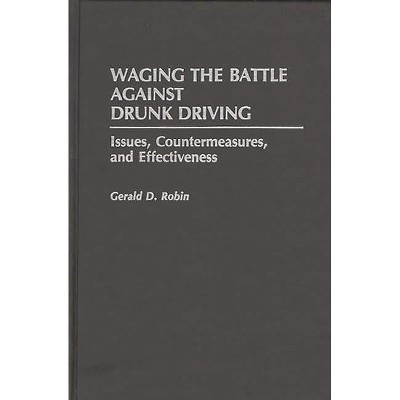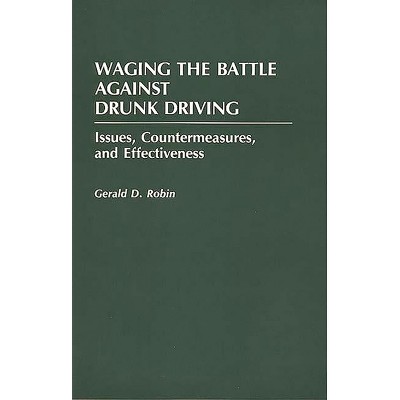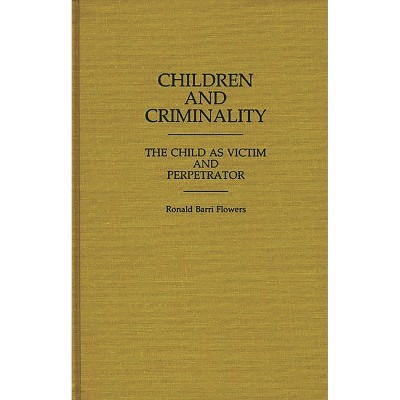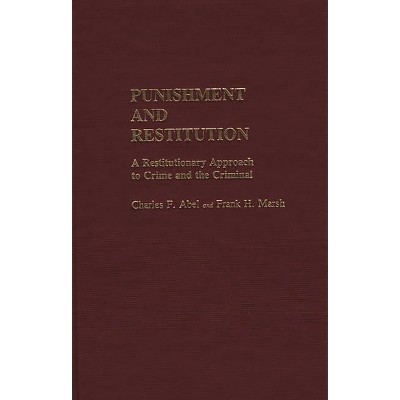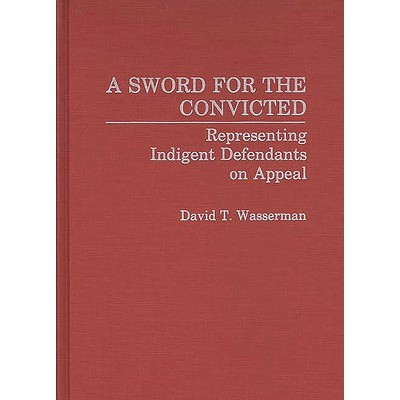Sponsored

The Law and Politics of Police Discretion - (Contributions in Criminology and Penology) by Gregory Howard Williams (Hardcover)
In Stock
Sponsored
About this item
Highlights
- The author, a law professor and former deputy sheriff, discusses the problems attending the extensive discretion given to police officers on the job.
- About the Author: lliams /f Gregory /i Howard
- 232 Pages
- Freedom + Security / Law Enforcement, Civil Procedure
- Series Name: Contributions in Criminology and Penology
Description
About the Book
The author, a law professor and former deputy sheriff, discusses the problems attending the extensive discretion given to police officers on the job. The book focuses primarily on the decision to arrest and on the development of the mechanisms to control the discretionary nature of that decision. Convinced that individual prejudices can and do play a part in arrest decisions, Professor Williams evaluates alternatives designed to produce impartial and controlled law enforcement. He concludes that only through the collective efforts of the police, state and local government officials, and the judiciary can effective guidelines be formulated and implemented. Harvard Law Review
Book Synopsis
The author, a law professor and former deputy sheriff, discusses the problems attending the extensive discretion given to police officers on the job. The book focuses primarily on the decision to arrest and on the development of the mechanisms to control the discretionary nature of that decision. Convinced that individual prejudices can and do play a part in arrest decisions, Professor Williams evaluates alternatives designed to produce impartial and controlled law enforcement. He concludes that only through the collective efforts of the police, state and local government officials, and the judiciary can effective guidelines be formulated and implemented. Harvard Law ReviewReview Quotes
?Williams's book examines [control of police behavior] from a legalistic perspective. After an introductory chapter, the author explores constitutional and statutory aspects of control of police behavior. Williams then examines the role that various governmental institutions can potentially play in controlling the police. The books concludes with a chapter on the concept of administrative rule making, viewed by leading experts as the most promising approach to reform. The work is clearly written, well organized, and current ... a valuable contribution to an important subject.?-Choice
"Williams's book examines Ýcontrol of police behavior¨ from a legalistic perspective. After an introductory chapter, the author explores constitutional and statutory aspects of control of police behavior. Williams then examines the role that various governmental institutions can potentially play in controlling the police. The books concludes with a chapter on the concept of administrative rule making, viewed by leading experts as the most promising approach to reform. The work is clearly written, well organized, and current ... a valuable contribution to an important subject."-Choice
"Williams's book examines [control of police behavior] from a legalistic perspective. After an introductory chapter, the author explores constitutional and statutory aspects of control of police behavior. Williams then examines the role that various governmental institutions can potentially play in controlling the police. The books concludes with a chapter on the concept of administrative rule making, viewed by leading experts as the most promising approach to reform. The work is clearly written, well organized, and current ... a valuable contribution to an important subject."-Choice
About the Author
lliams /f Gregory /i Howard
Shipping details
Return details
Trending Non-Fiction






